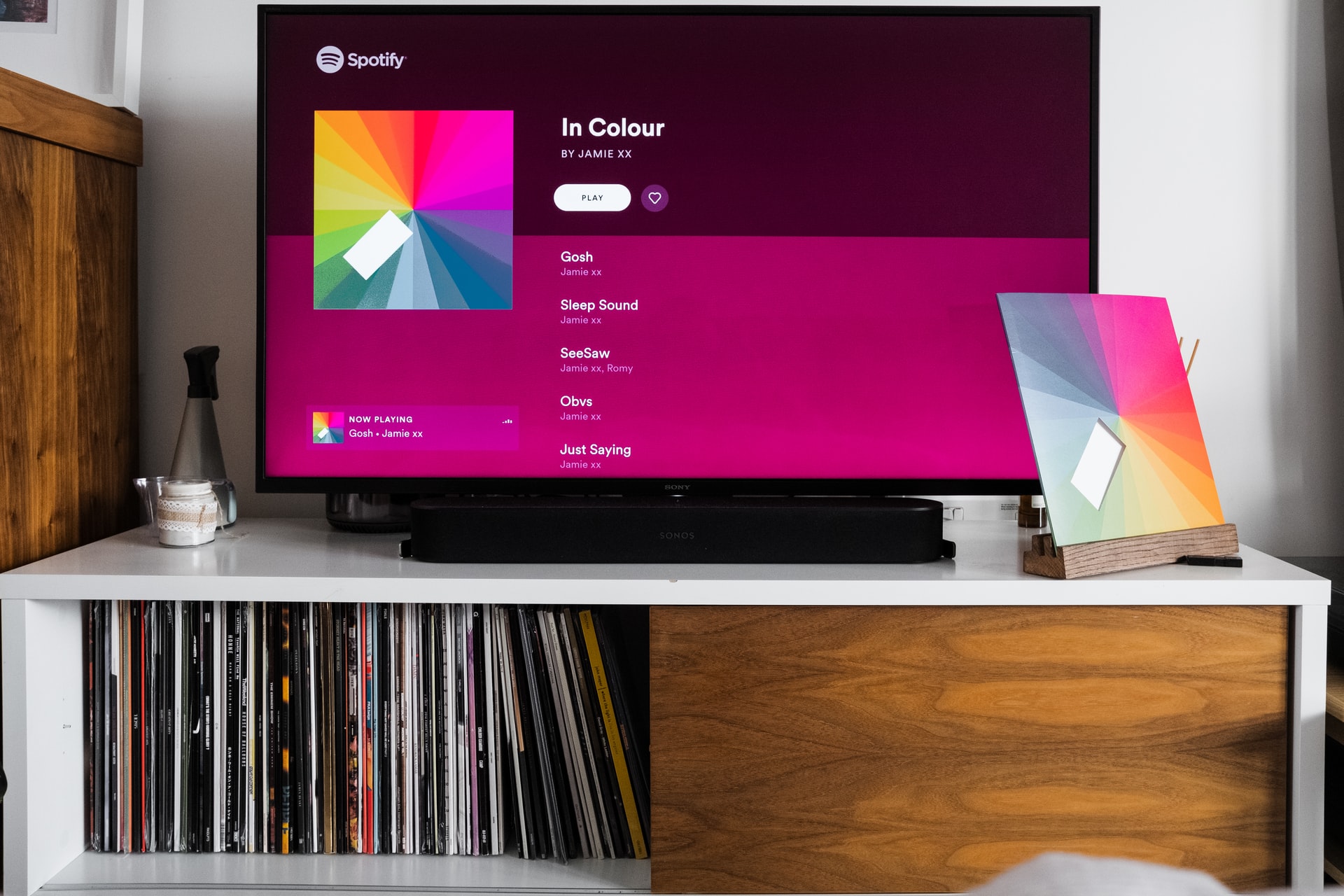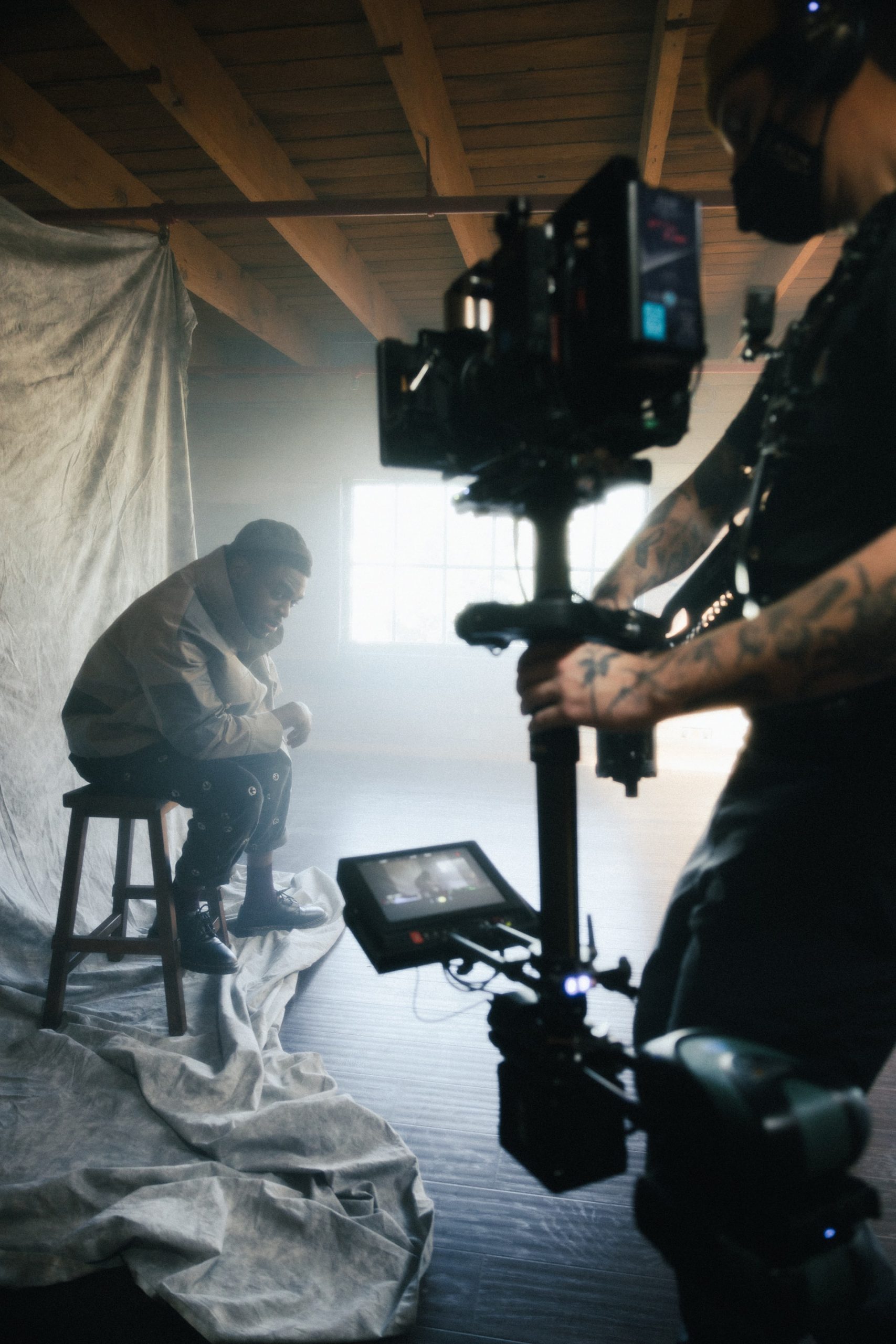Spotify Fan Study: What it tells us about MERCH
In today’s music landscape, merch sales matter.
The COVID-19 pandemic has continued to emphasise how important merchandise is for artists. It also emphasised an urgent need for artists to set up online merch stores that enable them to make money and sustain a career without relying on touring.
Spotify’s Fan Study revealed how integrating merch into an artist’s marketing strategy can be a clever way of boosting and sustaining an artist’s brand, even during the toughest of times.
- Your genre may hold the secret to more merch sales.
“Merch preferences vary by genre. For example, Electronic music and Country music sell the most hats. Go figure! Dive into the data to make sure you’re stocking your store with the merch your fans want.”
According to Spotify’s statistics, people who listen to rock music are more likely to buy a shirt than vinyl when compared to people who listen to hip hop.
Make sure that you create merch that truly appeals to your demographic. If you’re trend jacking, make sure that you put your own spin on it.
Merch options are endless – you just need to know who your fans are, what your fans like and how you can include your fans when designing merch.
- You don’t have to be a superstar to be super good at selling merch
“More listeners don’t necessarily mean more merch sales. In fact, every day up-and-coming artists on Spotify outsell even the biggest names in music.”
2020 has shown that now more than ever, the future of the music industry depends on creativity, tech and innovation. Online stores are crucial as they allow artists to offer more sizes, designs and kooky merch options.
In an interview with Spotify, Reid Martin (Low Cut Connie’s management team) explained how selling merch online is more practical than selling more while out on tour.
“When you’re putting together a tour and figuring out what you’re going to carry from town to town, you’ve got to be really sensitive to the total number of SKUs [UPC codes] you have, the sizes you print, because it costs time and money to move that stuff around,” said Martin.
“Online, there’s such a massive amount of fans that have different interests, desires, and sizes, that we really see there’s a huge benefit to releasing a diversity of product. You’re going to move a wide variety of types, sizes, styles, and products for different genders.”
- Apparently, Pheonix (Arizona) still buy CDs
“Got a particular item you’re looking to move? View the data to help you target markets hungry for your specific merch items. Or better yet, give your fans exclusive merch and geo-targeted experiences.”
Creating custom merch for your top fans is a good way of keeping your fans engaged. Spotify’s Fans First programme uses artists’ data to create full-blown, geo-targeted marketing campaigns for top artists.
A clear example of how this works IRL is Spotify’s collaboration with Foo Fighters. By offering an exclusive black-on-black vinyl pressing to the band’s top listeners on Spotify, the promotion managed to push the album to the number 1 spot on the Billboard charts.
- Turns out, Vinyl’s a young person game
“Surprisingly, if your music originally came out on vinyl you’re much less likely to sell it today. But if your release came out after vinyl “bit the dust”, stock up—no one sells more LPs than artists from the 2000s. Listener demographics like age can help you stock the right merch. “
The vinyl edition of Taylor Swift’s “Evermore” has just smashed vinyl sales records for the largest vinyl album sales in a single week. This record comes amid increasing interest in purchasing records on vinyl. In 2020, sales of vinyl grew by 23%. In the same year, U.S vinyl sales exceeded 27.54 million copies. These numbers show that vinyl isn’t just a fad – it’s here to stay.
Photo by Samuel Regan-Asante on Unsplash






